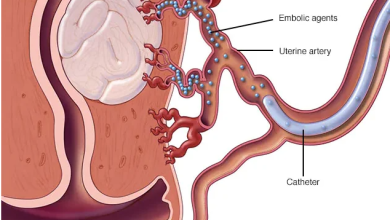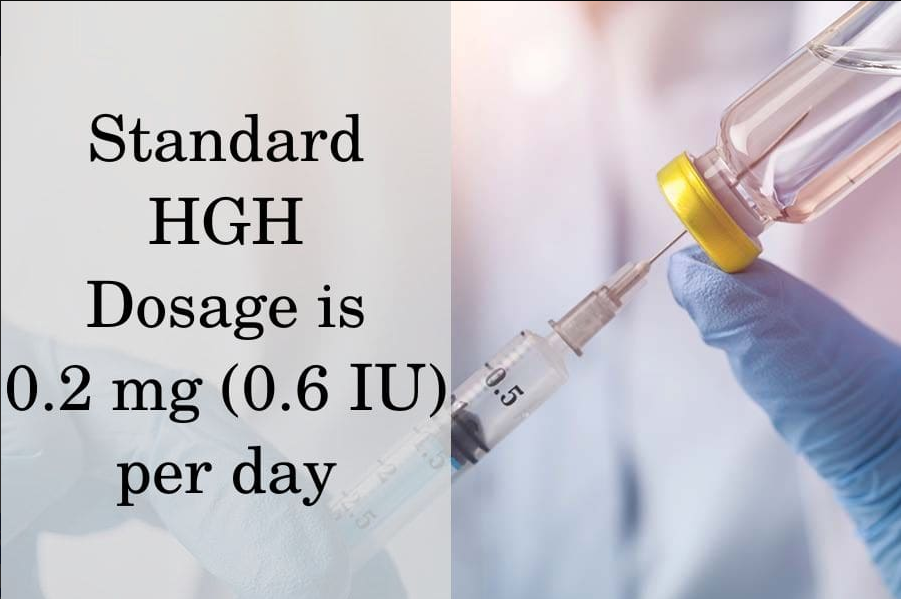Balancing Medical Necessity and Home Health Medical Billing

Balancing medical necessity and home health medical billing is essential to ensure that patients receive the appropriate care they need while also maintaining compliance with billing regulations and maximizing reimbursement for healthcare providers. Here are some key points to consider when navigating this balance:
- Documentation of Medical Necessity: Proper documentation of the patient’s condition and the need for home health services is crucial. Physicians and healthcare providers must thoroughly document the patient’s medical history, current health status, functional limitations, and the reasons why home health services are necessary. This documentation serves as evidence of medical necessity and supports the billing process.
- Compliance with Medicare Guidelines: Home health services are often reimbursed through government programs like Medicare. It’s important to adhere to the specific guidelines and criteria set by these programs to determine medical necessity. Medicare requires documentation of the patient’s homebound status and need for skilled care, among other factors.
- Detailed Care Plans: Develop comprehensive care plans that outline the specific services that will be provided to the patient at home. These plans should clearly indicate the skilled services required, the frequency of visits, and the expected outcomes. This level of detail helps demonstrate medical necessity and supports accurate billing.
- Continuous Assessment and Updates: Patients’ conditions can change over time, and their need for home health services may evolve. Regularly assess and update the care plan based on the patient’s progress and changing medical needs. This ensures that the services provided remain medically necessary and appropriate.
- Effective Communication: Maintain open communication between healthcare providers, caregivers, and patients. Clear communication helps ensure that everyone involved understands the reasons for home health services and the goals of the treatment. It also facilitates accurate documentation and billing.
- Coding Accuracy: Proper medical coding is essential for accurate billing. Assign appropriate diagnosis codes (ICD-10 codes) and procedure codes (CPT codes) that reflect the patient’s condition and the services provided. Coding should align with the documented medical necessity and the care plan.
- Documentation Integrity: Ensure that all documentation, including patient assessments, care plans, progress notes, and any changes in the treatment plan, is accurate, consistent, and complete. Incomplete or inconsistent documentation can lead to billing denials or audits.
- Training and Education: Provide training to healthcare providers, clinicians, and billing staff about the importance of documenting medical necessity accurately. They should understand how their documentation impacts both patient care and reimbursement.
- Review and Auditing: Regularly review and audit your documentation and billing processes to identify any discrepancies or areas for improvement. This proactive approach can help prevent billing errors and potential compliance issues.
- Appeals Process: In case of billing denials or disputes, be prepared to appeal with supporting documentation that demonstrates medical necessity. An effective appeals process can help ensure proper reimbursement for services provided.
Balancing medical necessity and home health medical billing requires a collaborative effort between healthcare providers, caregivers, administrative staff, and billing experts. By focusing on accurate documentation, compliance with regulations, and effective communication, you can achieve the delicate balance between providing necessary care and securing appropriate reimbursement.




